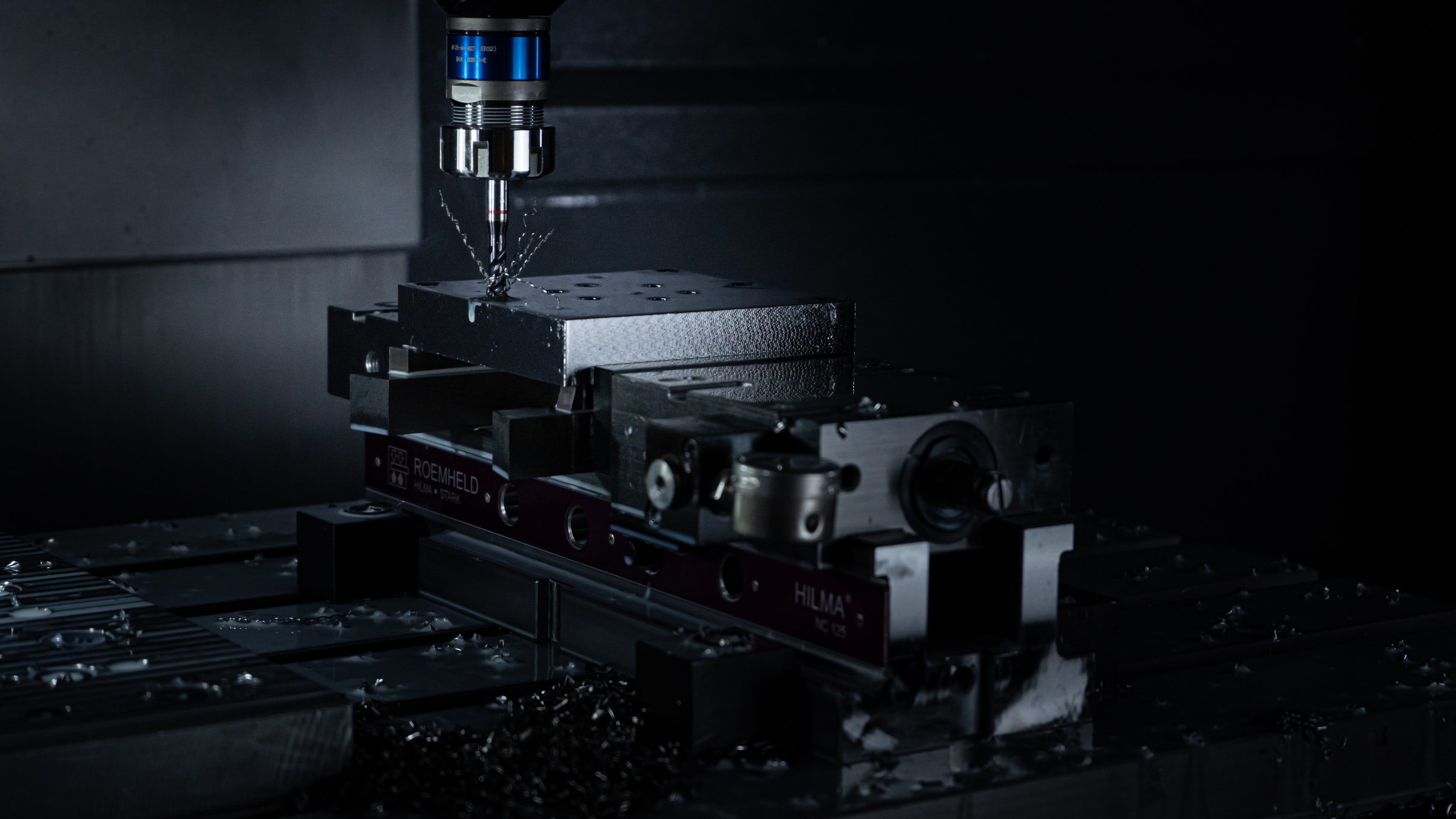Electronics
Electronics Manufacturing Services (EMS) is a term used for companies that design, manufacture, test, distribute, and
provide return/repair services for electronic components and assemblies for original equipment manufacturers (OEMs). The
concept is also referred to as Electronics Contract Manufacturing (ECM).
The EMS industry took off after the late 1970s when Solectron was established. At the time, most electronics
manufacturing for large-scale product runs was handled by the in-house assembly. These new companies offered flexibility
and eased human resources issues for smaller companies doing limited runs. The business model for the EMS industry is to
specialize in large economies of scale in manufacturing, raw materials procurement and pooling together resources,
industrial design expertise as well as create added value services such as warranty and repairs.
EMS has also started to provide design services used in conceptual product development advice and mechanical, electrical and software design assistance. Testing services perform in-circuit, functional, environmental, agency compliance, and analytical laboratory testing. Electronics manufacturing services are located throughout the world and provide numerous benefits.

Machining

Machining is a prototyping and manufacturing process that creates a desired shape by removing unwanted material from a larger piece of material. Since a part is built by taking away material, this process is also known as subtractive manufacturing.
Composites
Manufacturing - Composites
There are three types of composite manufacturing processes:
Open Molding
Composite materials (resin and fibers) are placed in an open mold, where they cure or harden while exposed to the air.
Tooling cost for open molds is often inexpensive, making it possible to use this technique for prototype and short
production runs
Closed Molding
Composite materials are processed and cured inside a vacuum bag or a two-sided mold, closed to the atmosphere. Closed
molding may be considered for two cases: first, if a two-sided finish is needed; and second, if high production volumes
are required.
Cast Polymer Molding
A mixture of resin and fillers are poured into a mold (typically without reinforcements) and left to cure or harden.
These molding methods sometimes use open molding and sometimes use closed molding.
